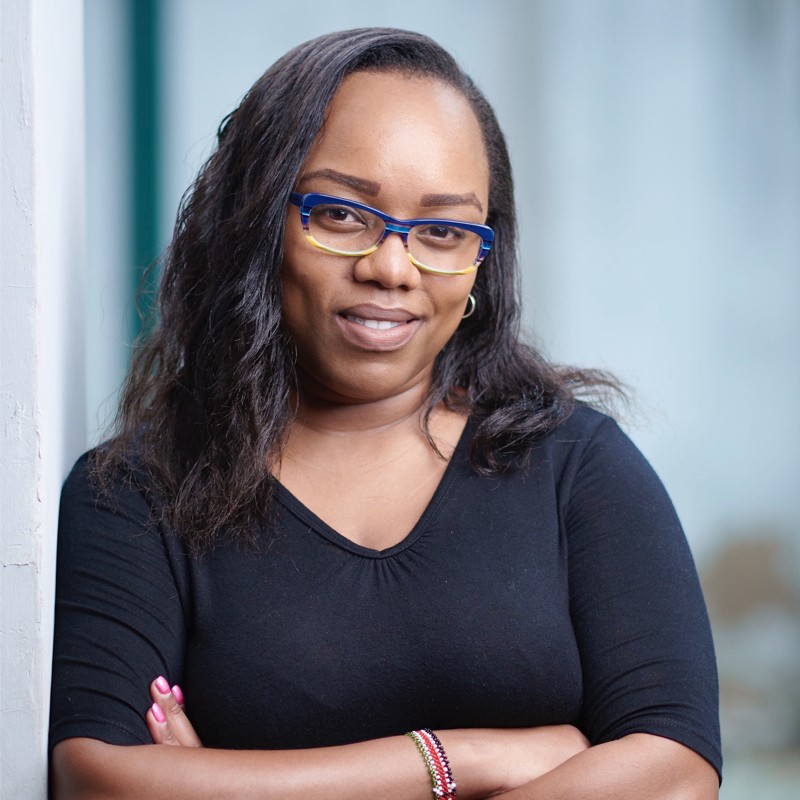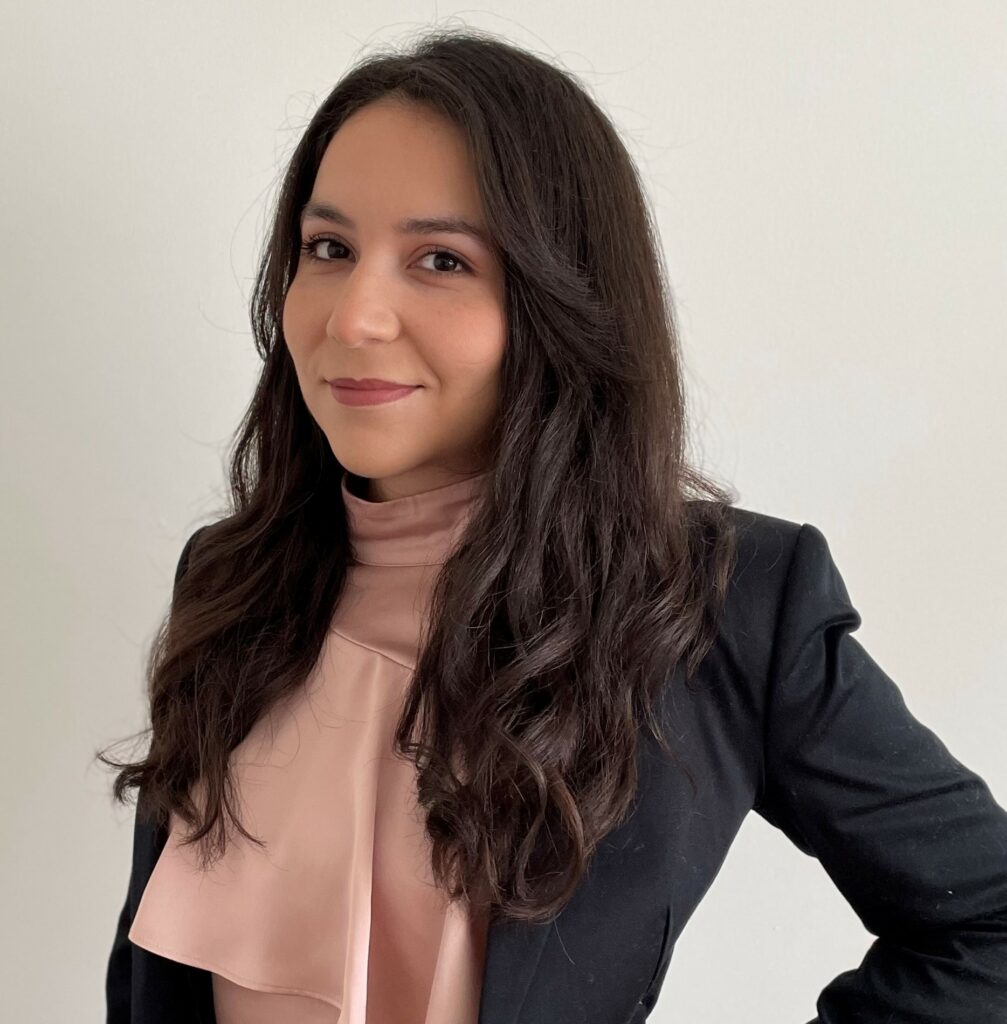
The Role of Mobile in Humanitarian Action
Overview
The need for humanitarian assistance is on the rise. A recent report from the UN OCHA estimates that 235 million people worldwide currently require assistance and protection.
New partnership models and innovative tools and approaches are crucial to address this growing humanitarian challenge. As a result, mobile technology is now critical to the success of disaster response efforts and the delivery of humanitarian aid. Policymakers and regulators need to better understand how they can support these efforts through effective policies.
This three-week course looks at the role of policymakers and mobile operators in disaster response management and the effect they can have on the acceleration of aid delivery during and after a humanitarian crisis.
Course Objectives
- Learn how improved coordination between mobile operators, governments, regulatory authorities and the humanitarian community can mitigate risks during times of crisis.
- Discover how regulators around the world are adopting flexible approaches to policy during emergencies to positively impact response efforts.
- Understand and explore how mobile platforms can digitise humanitarian aid delivery channels.
Course Enrolment Criteria
This course is open to:
- Regulators
- Policymakers
- Representatives from academia and international organisations working on regulatory or policy issues
We cannot accept applications from individuals working in the private sector or those not involved in policy or regulation.
Course Completion Certificates
All of our courses are certified by the United Kingdom Telecoms Academy (UKTA) and can be used as evidence of professional development.
To qualify for a course completion certificate, you must view all the course sessions and answer correctly all the quiz questions you will find as you progress through the sessions. You will also need to fill out the course survey.
You do not have to complete a final project to earn a course completion certificate but we strongly encourage you to create one. Putting together a final project will give you an opportunity to reflect on the principles covered during the course and help you discover how they could be applied to your own country. If you submit a final project the course trainer will provide you with valuable feedback that you may find useful in your day-to-day work.
Course Structure and Study Time
The course consists of five sessions and you will gain access to all of them on the course start date. You will have the opportunity to ask questions about the content of the course on the course forum.
It should not take you more than two to three hours of study time per week to complete the course in three weeks. You will have, however, six weeks to complete it. If after six weeks you have not completed the course, you will have to start it again next time it is offered.
If you decide to submit a final project, it will probably take you four to six hours to put it together. You will have six weeks to submit your final project.
If you have any special needs regarding this training course, please us let us know via our contact form so we can get in touch to discuss how your needs can be met.
Enrol on this course
